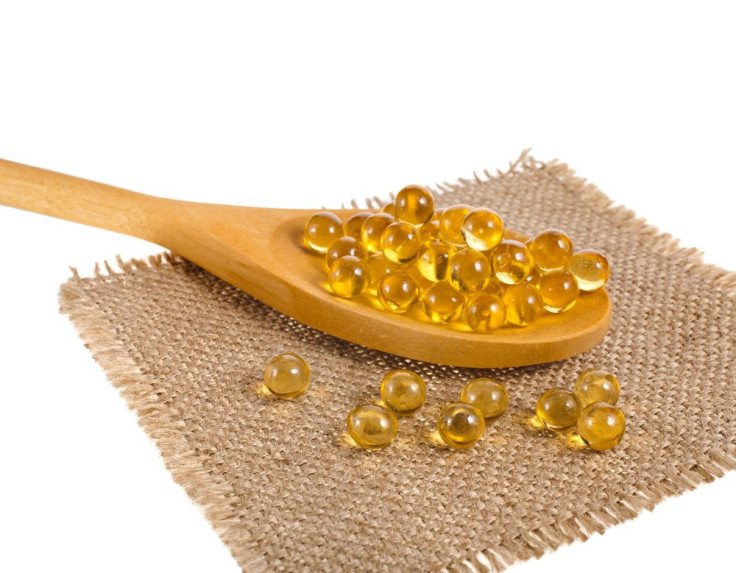Olive Oil Supplements Have The Potential To Protect Our Bodies Against The Effects Of Air Pollution, Says New Study

Current research shows that air pollution’s inflammatory effect on the heart can cause chronic cardiovascular problems with healthy adults and those affected by a preexisting medical condition. A recent study presented at the 2014 American Thoracic Society International Conference has revealed that olive oil supplements may serve as a viable defense against heart complications caused by exposure to air pollution.
"Exposure to airborne particulate matter can lead to endothelial dysfunction, a condition in which the endothelium (inner lining) of blood vessels does not function normally, which is a risk factor for clinical cardiovascular events and progression of atherosclerosis," research biologist with the United States Environmental Protection Agency and the study’s lead author, Dr. Haiyan Tong said in a statement. "As olive oil and fish oil are known to have beneficial effects on endothelial dysfunction, we examined whether use of these supplements would counteract the adverse cardiovascular effects of exposure to concentrated ambient particulate matter in a controlled setting."
Tong and her colleagues recruited 42 healthy adults who either received three grams of olive oil, fish oil, or no supplements each day for a period of four weeks. After the four week supplement regimen, participants were exposed to two hours of filtered hour followed 24 hours later by exposure to fine or ultrafine concentrated ambient particulate (CAP) exposure fed through a controlled-exposure chamber. Researchers used sonographic measurement of flow-mediated dilations of the brachial artery before, immediately after, and 20 hours after air exposure to assess endothelial function. They also measured blood markers of vasoconstriction and fibrinolysis, a process within the body that keeps blood clots growing.
The research team observed a significant particulate matter mass-dependent reduction in flow-mediated dilation immediately after CAP exposure among participants who received no supplements and fish oil, however, the reduction in the olive oil group was not considered significant. Participants in the olive oil group also experienced an increase in tissue plasminogen activator, a protein that aids in the breakdown of blood clots, for up to 20 hours following CAP exposure. Improved changes in blood markers linked to vasoconstriction and fibrinolysis were noticed following olive oil supplement, while fish oil supplementation had virtually no effect on endothelial function or fibrinolysis.
"Our study suggests that use of olive oil supplements may protect against the adverse vascular effects of exposure to air pollution particles," Tong added. "If these results are replicated in further studies, use of these supplements might offer a safe, low cost, and effective means of counteracting some of the health consequences of exposure to air pollution."
According to the American Heart Association, the risk of a heart attack, stroke, arrhythmias, and heart failure increase following short-term exposure to air pollution. Recent studies also suggest that atherosclerosis, buildup of fatty deposits on the inner lining of arteries, development and progression is facilitated by exposure to air pollution. A person’s risk of dying as the result of an adverse cardiovascular condition caused by air pollution increases with long-term exposure, especially among the elderly and people with a preexisting medical condition.
Source: Hong H, et al. Olive Oil Supplements Ameliorate Endothelial Dysfunction Caused By Concentrated Ambient Particulate Matter Exposure In Healthy Human Volunteers. At the American Thoracic Society International Conference. 2014.



























